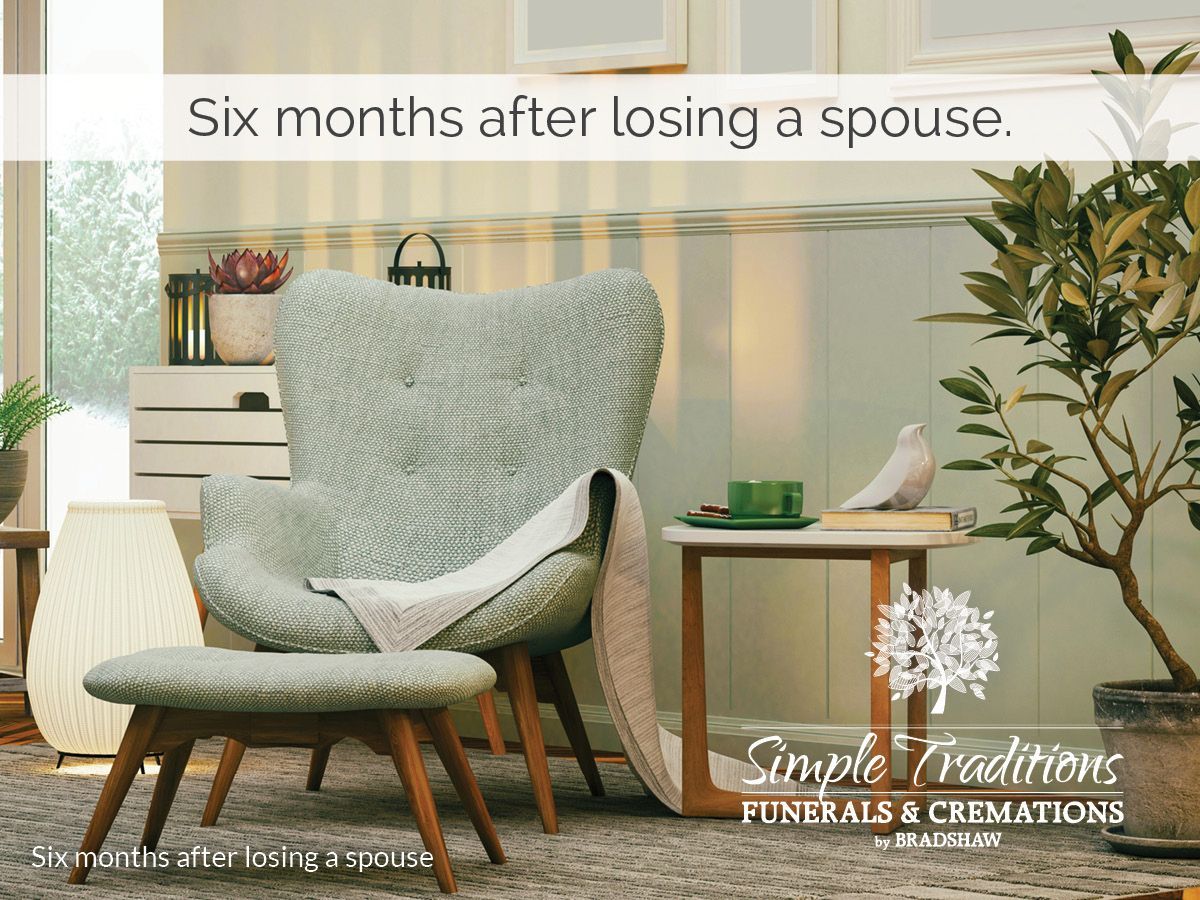Who Will Take Care of My Funeral Plans?
It is not uncommon for people to ask themselves, “Since I never had any children, who will take care of my funeral plans?” That is all the more reason to preplan your own funeral!
Each state has laws that say who will “own” your body when you die. The “owner” is responsible for making and paying for your funeral service and “final disposition”. Final disposition is simply what happens to your body in the end and those choices include burial, cremation or donation. Regardless of disposition, a funeral service with or without a religious component will take place before or after disposition. These are all choices the responsible person will make.
If you are to be cremated, there is still the matter of what will be done with your cremated remains. They can be kept by a family member, scattered on private property, buried in a cemetery, or kept in a columbarium niche. Again, this is a choice the responsible person will need to make.
In most states the responsible person is your spouse. When there is no legal marriage then your parent will be responsible. If your parents are deceased, then your child will take the lead. When there are no children then your eldest sibling will be responsible.
As you can see, this system only works if you and your family are all of like mind regarding the funeral and you are on the same page regarding faith. Since this is not always the case, you can break the legal chain and designate a person of your choice to carry out your wishes.
It’s not at all difficult or even expensive. You just need to call the funeral home of your choice, ask for an appointment with the person who does the pre-planning. Be sure to tell that individual that you want to designate someone to carry out your wishes. He or she will need to get the proper paperwork for you to complete this task.
This is also a perfect time to talk to the pre-planning person at the funeral home about your ideas regarding both your funeral service and your final disposition. A funeral professional can help you get everything written down so that your designated person will know just what to do. Since this person will also bear the financial burden for your funeral service and burial or cremation, you will want to talk to the advance funeral planner about eliminating that burden by prefunding your plan.








